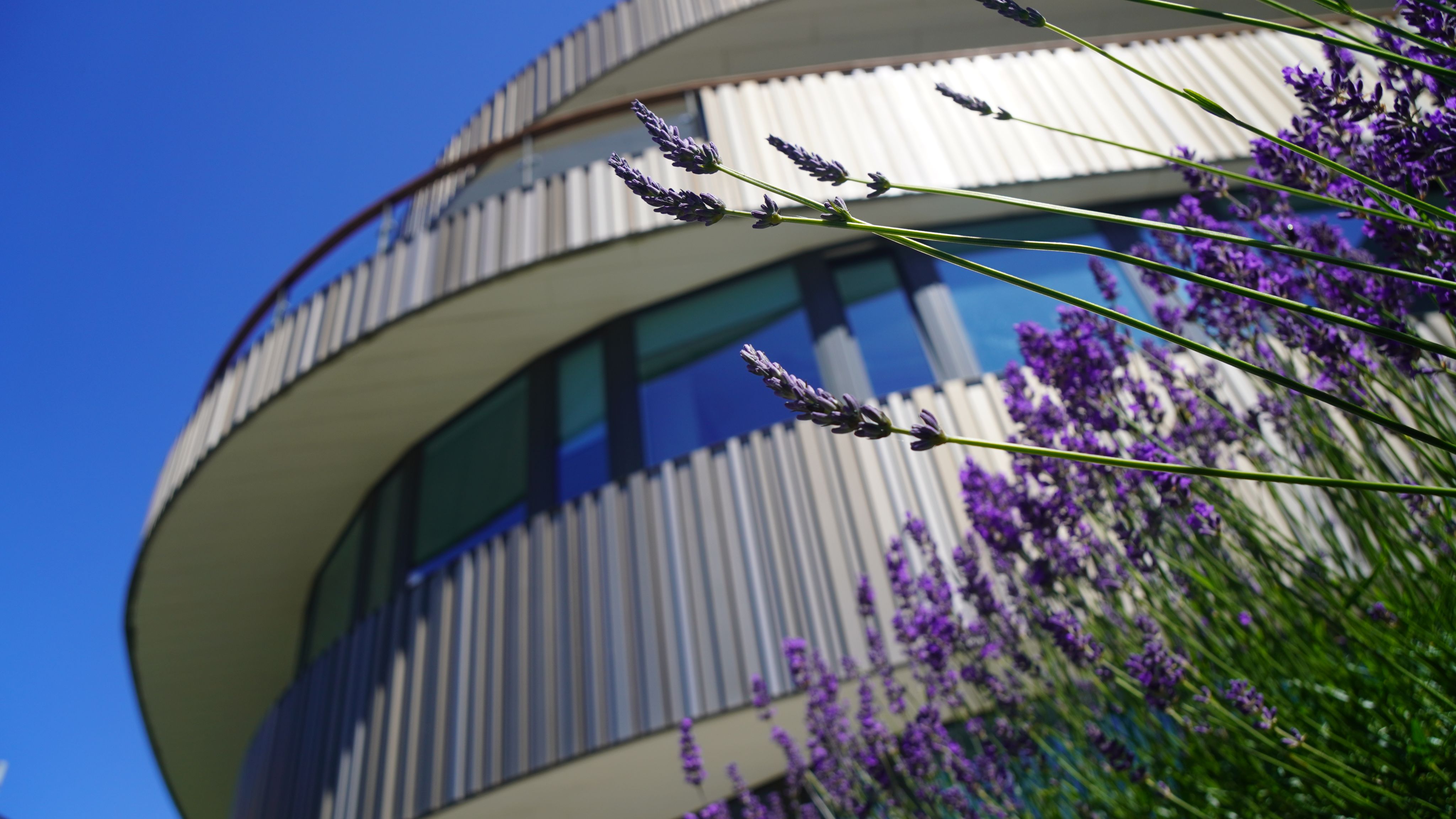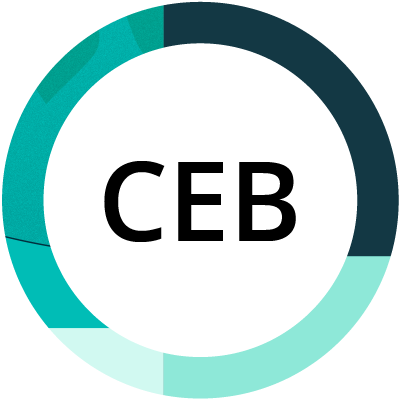Top prize for lung cancer research
Danckwerts–Pergamon prize awarded to student developing urine test for early detection into lung cancer

Muhamad Hartono has been awarded the 2025 Danckwerts–Pergamon Prize, in recognition of his research into a simple, non-invasive test to help detect lung cancer.
The annual prize, awarded by the Department of Chemical Engineering and Biotechnology (CEB), celebrates the best PhD thesis in chemical engineering.
Muhamad’s thesis focuses on the development of nano-sensors to detect cellular senescence – cell behaviour that can occur in tissues during the early stages of cancer development. His work explores how these changes might be tracked through urine samples, offering a potential way to spot warning signs before symptoms appear.
“I was absolutely over the moon,” said Muhamad. “I was spending a quiet evening at home when I received an email from my supervisor, Ljiljana, congratulating me. That’s how I found out – I was completely taken by surprise!
“I remember my supervisor had mentioned nominating me a few months ago, which I already felt deeply honoured by, but I never expected to actually receive the award. It’s incredibly rewarding to see the years of research and writing recognised in this way.”

Muhamad originally came to Cambridge, Downing College, as a Gates Cambridge Scholar to study the MPhil in Biotechnology. “As a trained chemical engineer, I was looking for a way to move into the bio space, and this course offered the ideal bridge between disciplines,” he said. He had previously completed an MSc (Hons) in Chemical Engineering at Delft University of Technology in the Netherlands.
It was during the MPhil that he discovered the field that would shape his PhD and current research. “I took a nanotechnology module taught by Prof. Ljiljana Fruk, which really sparked my interest,” he said. “I was fascinated by the potential of nanotechnology in medicine, and that led me to pursue a PhD in her group also as a Gates scholar, focusing on biomedical applications – particularly cancer.”
His PhD was supervised by Fruk in the BioNano Engineering group, with input from Dr Daniel Muñoz-Espín in the Department of Oncology. Together, the collaboration brought nanotechnology and chemical engineering together with cancer biology.
“During my PhD, I was fortunate to collaborate with Dr Daniel Muñoz-Espín, who is an expert in lung cancer. That collaboration grew, and I’m now working in his lab as a postdoctoral research associate, continuing to explore novel approaches for early cancer detection,” he said.
“As an engineer stepping into the world of oncology and biology, the learning curve was steep but also enriching! I gained a whole new set of skills, and I’m especially grateful to my colleagues in the Fruk and Muñoz-Espín labs, whose support and expertise made that transition smooth and possible.”
The urine test, supported by Cancer Research UK, is part of wider research efforts in the department and beyond to create earlier, more accessible routes to cancer detection. His work was picked up by multiple national news outlets earlier this year, including The Guardian, Daily Mail, The Independent and The Sun.
Reflecting on the process of completing his thesis, Muhamad added: “The process of writing the thesis – while challenging – was a meaningful opportunity to bring together and reflect on the work I’ve done. I’m truly honoured that it’s been acknowledged like this.”
The Danckwerts–Pergamon Prize recognises research that is not only rigorous and original, but has the potential to make a lasting contribution to science and society. Muhamad’s work exemplifies CEB’s mission to be driven by curiosity, driving change – and shows how an idea first sparked in a classroom can grow into research with far-reaching clinical potential.
